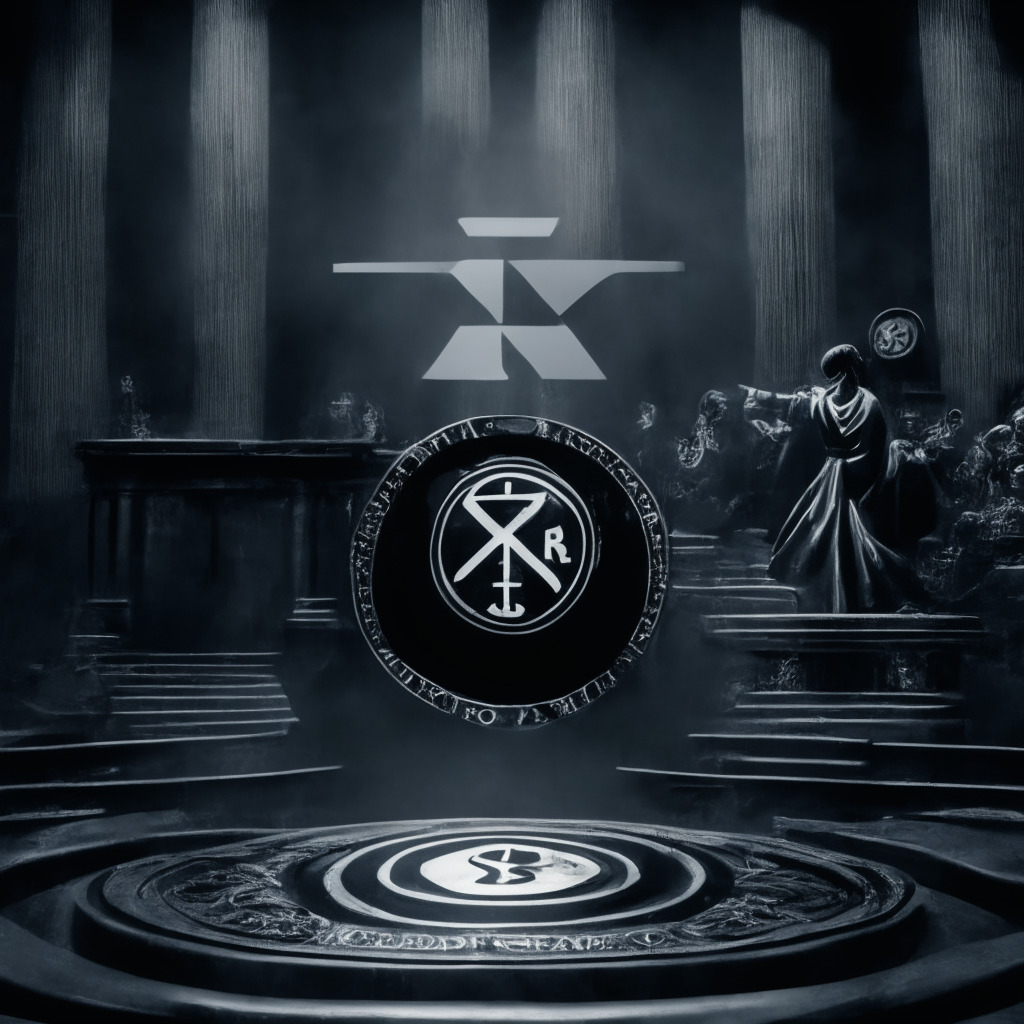Rumors of a potential settlement between Ripple Labs Inc. and the U.S. Securities and Exchange Commission (SEC) have piqued the interest of the crypto community. The ongoing case, which examines whether XRP can be considered a security, illustrates the vast array of legal uncertainties in the crypto world.
The SEC has sued Ripple and its executives for failing to register XRP as a security, as required for the public offering and sale of securities. The regulatory body contends that token issuers possess superior information to buyers, which could result in information asymmetry. Furthermore, it argues that crypto token purchasers may expect a profit from the efforts of the token issuers.
In the case of XRP, however, purchasers might not anticipate a profit based solely on Ripple’s management. Factors such as the token’s open-source design, which allows anyone to develop new applications on the XRP protocol, make it difficult to attribute profit or decline to any one factor. Some, including Ripple, argue that this scenario places issuers on a similar footing to token purchasers, which ultimately calls the need for an SEC registration statement into question.
While the SEC does raise some valid points, a one-size-fits-all approach to securities laws may not be the most suitable for the nuanced world of cryptocurrencies. Many digital assets operate on a decentralized basis, and treating them like traditional securities may stifle innovation and inadvertently function as an indirect ban on cryptocurrencies. Bans can be difficult to enforce and could potentially drive legitimate operators into gray or black markets, undermining financial integrity further.
On the other hand, a ruling in Ripple’s favor may embolden more extreme elements within the cryptocurrency industry. This sense of validation could amplify the inherent volatility and risks associated with crypto, posing its own threats to financial stability.
Instead of perpetuating a regulatory “war on crypto,” both regulatory bodies and the crypto industry should engage in constructive dialogue to develop tailored disclosure requirements and standards. This approach requires a degree of creativity and cooperation from all parties involved.
Cryptocurrencies differ significantly from traditional securities, and attempting to force them into existing regulations is a counterproductive endeavor. Regardless of the court’s decision on Ripple’s case, it is crucial that the unique nature of cryptocurrencies remains a central consideration in shaping future rules and guidelines.
Source: Coindesk




